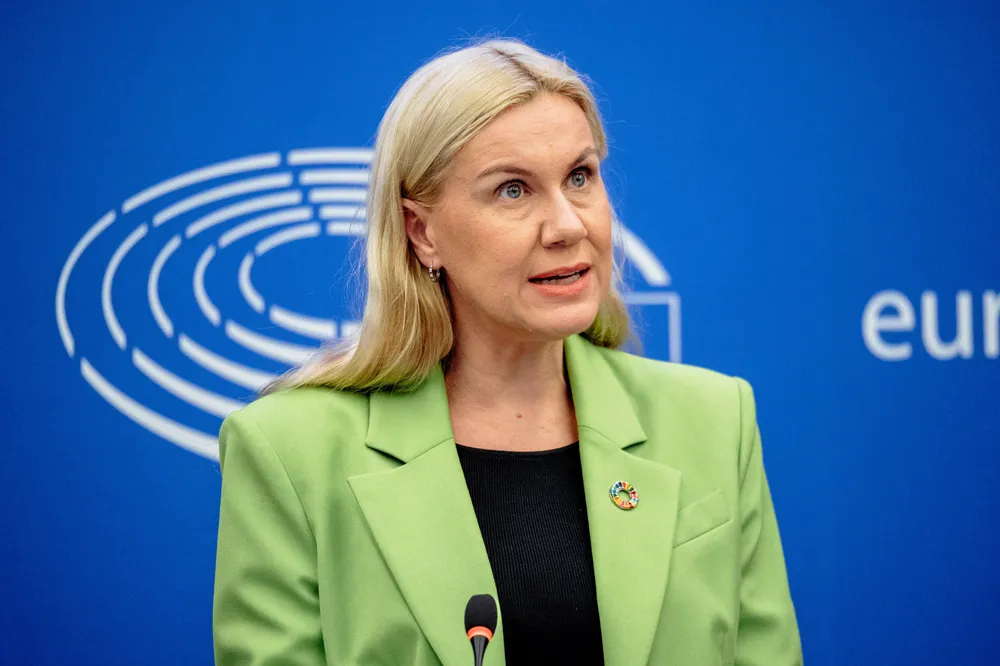EU to fast-track 65 hydrogen projects after signing energy infrastructure list into law
The sixth PCI/PMI list includes 65 H2 developments, including electrolysers, pipelines and import terminals — although at least one has already been scrapped

The sixth PCI/PMI list includes 65 H2 developments, including electrolysers, pipelines and import terminals — although at least one has already been scrapped
